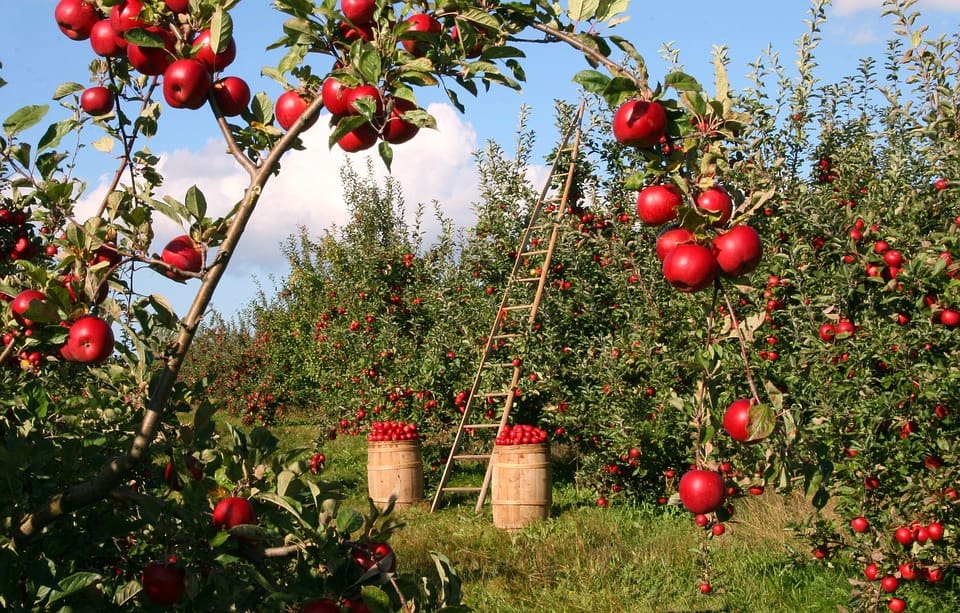
Food is lost at each step of the “food supply chain”. Loses occur during production, harvesting, handling, storage, processing, distribution and even during consumption.
Reducing food losses and waste can contribute to efforts to alleviate world hunger. Food is lost at each step of the “food supply chain”. Loses occur during production, harvesting, handling, storage, processing, distribution and even during consumption.
A study funded by the DST-NRF Centre of Excellence in Food Security has identified key areas of the global food supply chain where high losses occur, particularly in developing countries. The study, conducted by the University of Pretoria’s Professor Elna Buys and collaborators has revealed that first-world consumers waste food, for example, by discarding food when it reaches its “sell-by” date.
In developing countries, food is lost across the entire food chain. The reasons for this include outdated harvesting techniques, poor storage and cooling facilities, limited infrastructure, and inadequate packaging and marketing systems.
The food industry’s unscientific determination of shelf life also contributes to food loses
South Africa loses food in both first- and third-world ways. For instance, Professor Buys and her team discovered that many ready-to-eat meals on supermarket shelves were still perfectly safe to eat even after the “sell-by” or “use-by” dates listed on the packaging.
Worryingly, however, some foods that were still within their stipulated shelf lives had high levels of bacteria that can cause food poisoning. “This may point to problems with the cold storage or packaging aspects of the food supply chain. For both the formal and informal food sectors, packaging systems that extend the shelf life of fresh foods would help to make food safer and reduce waste,” says Buys.
Since many low-income or unemployed South African consumers rely on the informal food sector to supply their food, helping small-scale farmers and informal traders to reduce losses could ultimately benefit both suppliers and consumers.
related Articles
CoE-FS students and staff meet UN Special Advisor on Africa
Graduates, grantees and a team member from the DSI-NRF Centre of Excellence in Food Security (CoE-FS) recently joined United Nations…
Combatting climate change through engagement on food waste
Food security in middle-income countries is a growing concern that was brought into sharper focus during the COVID-19 pandemic and…
Unsung recycling heroes, waste reclaimers feel lockdown pinch
We don’t typically pay much attention to waste reclaimers. Yes, they’re ubiquitous, seen carting around, often in ‘commandeered’ supermarket trollies,…



